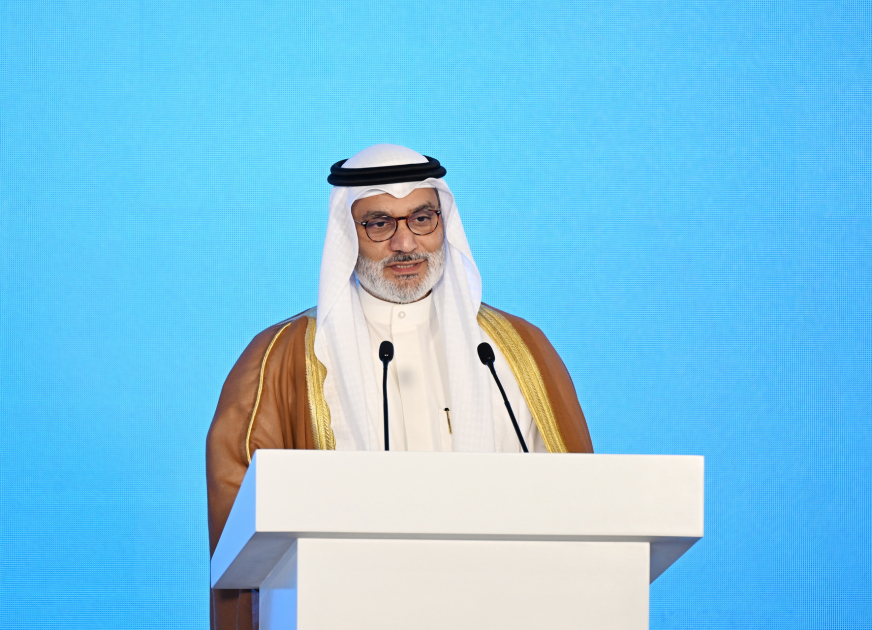BAKU, Azerbaijan, April 23. Energy security is essential to the functioning of modern society, and its absence would have far-reaching consequences, said Haitham Al Ghais, Secretary General of OPEC, Trend reports.
In his article, Al Ghais emphasized the critical role energy plays in our daily lives, noting that without it, "many things we take for granted would come to a standstill." The disruption of energy supplies, he warned, would lead to job losses, economic decline, and societal chaos.
In line with this perspective, Al Ghais expressed support for the upcoming 'International Summit on the Future of Energy Security,' hosted by the UK government and the International Energy Agency (IEA) in London. He praised the IEA's renewed focus on energy security, a theme that OPEC fully supports. “It is positive to see the IEA refocusing on energy security after veering away from this fundamental goal,” Al Ghais stated.
However, Al Ghais also voiced concerns over the IEA's previous approach, which he described as being driven by "ideologically driven net zero goals" that have often lacked a realistic understanding of the challenges involved. He specifically referenced the IEA’s 2021 report, Net Zero by 2050 – A Roadmap for the Global Energy Sector, which he argued created uncertainty for governments, businesses, and investors due to its unrealistic targets and lack of consideration for energy security.
"The IEA’s net zero policies have endorsed unrealistic timelines or had little regard for energy security, affordability or feasibility," Al Ghais commented. He also noted that despite the IEA’s promotion of net zero goals, oil, gas, and coal remain essential to the global energy mix, accounting for over 80% of global energy consumption. Al Ghais criticized the IEA’s call to stop investing in new fossil fuel supplies, pointing out that this disregard for energy security could lead to significant vulnerabilities in global energy systems.
Al Ghais also highlighted the contradictions in the IEA's messaging. While the agency downplays fossil fuels, it predicts record highs in global oil and gas demand this year and a surge in coal consumption by 2025. “The reality is that today the world is consuming more oil, coal, gas, in fact, all energies, than ever before,” Al Ghais said.
From OPEC’s standpoint, Al Ghais reiterated that energy security and emission reductions must go hand-in-hand. "We do not view anything in isolation. We are not dismissing anything," he said, stressing that investments in all energy sources and technologies are essential for ensuring sustainable development and energy security. He also emphasized the need for policies grounded in real-world data and trends, rather than ideological beliefs, to avoid undermining energy security.
In this context, OPEC is co-hosting the 11th IEA-IEF-OPEC Workshop in Vienna, which addresses the interplay between physical and financial energy markets. Al Ghais stated that this issue lies at the heart of energy market stability and energy security.
Looking ahead, Al Ghais expressed hope for a renewed focus on energy security during this week’s conference in London. He acknowledged the IEA’s longstanding role in addressing energy disruptions and crises, noting that OPEC hopes to collaborate with the IEA in developing a more inclusive approach to future energy pathways. "We look forward to working with the IEA on this, after years of its messaging and policy prescriptions impacting energy security," Al Ghais concluded.







